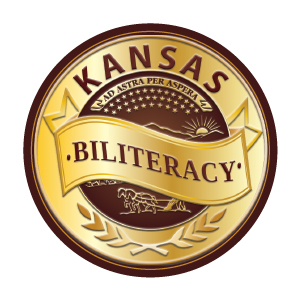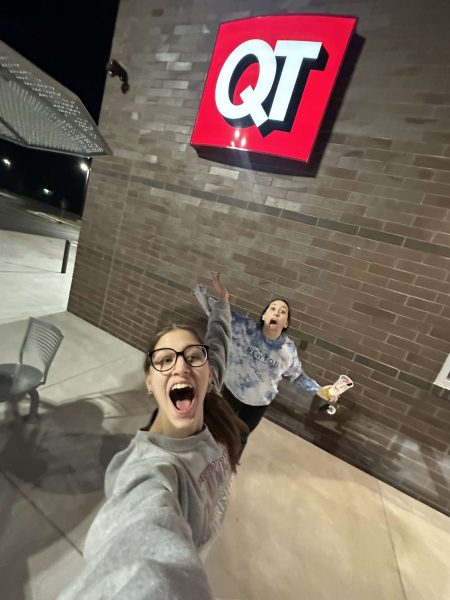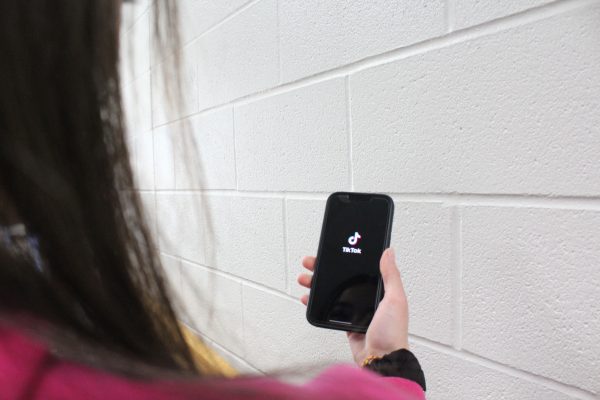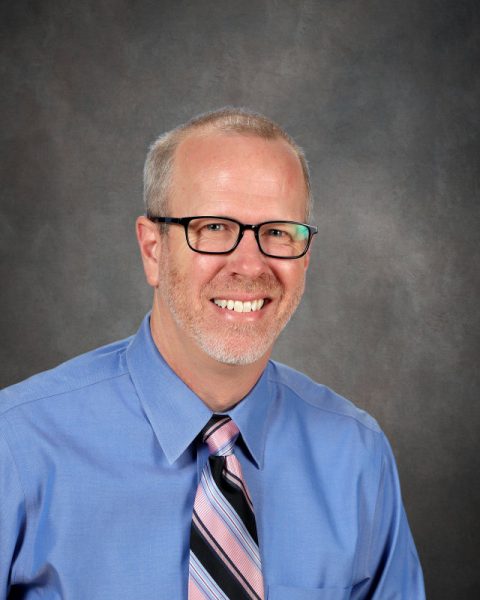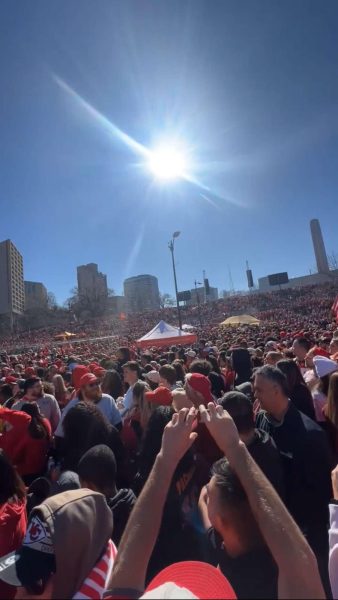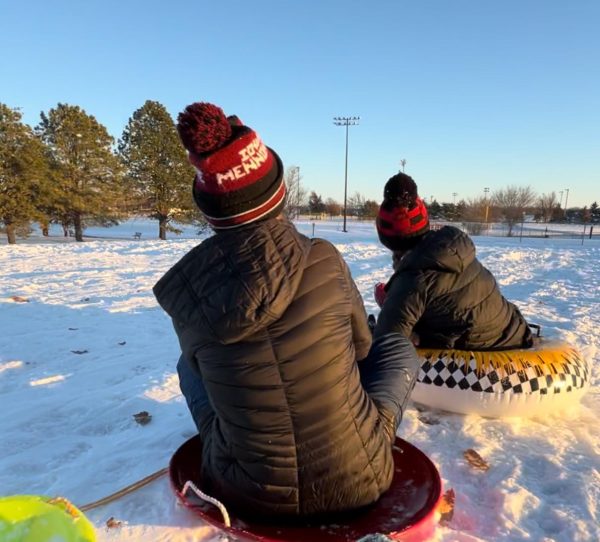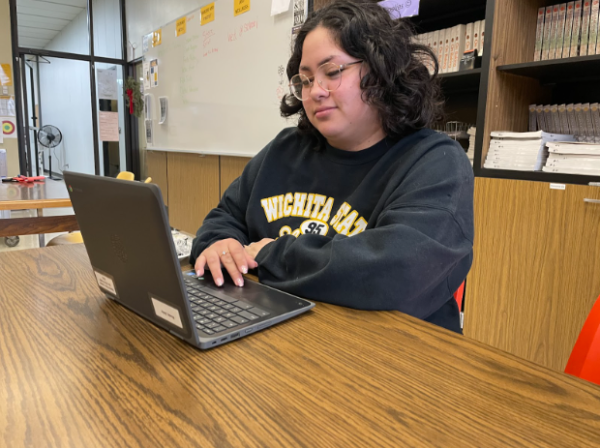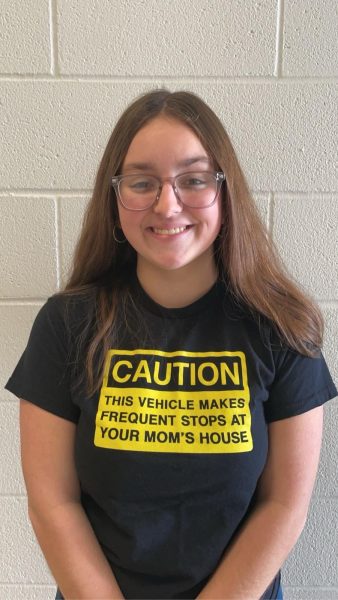Snow through teacher’s eyes
The first glance of inclement weather usually has students hoping for a snow day. Students take to twitter, instagram and snapchat to express their underlying concern and await a post from the school district on whether or not school will be in session the following day. However, that leaves the question, ‘what do teachers think about snow days?’
Although students can usually be seen spending their day with friends, sledding or having a snowball fight, teachers say that they usually spend their free day catching up on work or prepping for future classes. According to Spanish teacher Chandler Ochoa, she can usually be seen enjoying her snow day sipping her favorite drink, a Vanilla Berry Truffle latte, at one of her favorite coffee shops in Wichita.
“I enjoy catching up on work, such as grading, at one of my favorite coffee shops in Wichita,” Ochoa said. “The weekend never seems to be long enough to get everything done.”
Newton High School uses the scheduling technique of a block schedule. Class days are alternated with the corresponding colors black and gold. For some teachers, such as Ochoa, this scheduling plays into their opinion of snow days.
“I dislike missing a day and possibly only seeing students once that entire week,” Ochoa said. “It puts one class behind the other classes, which can make planning a little tricky. Since I only see some students twice a week because of block scheduling, one snow day can really put them behind.”
Due to icy conditions and more, USD 373 cancelled three times this 2019-2020 school year. With one cancelation each month since December. History teacher Carson Matile, says that although he understands the concern for safety, some of these school days should not have been cancelled.
“I’ve never been a big fan of snow days. We’ve had days called off from school this year when we should have had classes in session. I get the concern about safety however, classes could still take place, and those parents who wish to keep their kids home over concern for their children’s safety could conceivably make up the work later or get online and work from home,” Matile said.
Along with Ochoa, Matile uses his snow days to get caught up on school work and make lesson plans. After returning from the Feb. 13th snow day, Matile had to separate his classes on Canvas. Three of Matiles courses were featured under an ‘umbrella’ that allowed him to post to all three classes simultaneously instead of individually. Although originally designed to save time, due to the absences of black day classes, the classes became offset and ultimately the Canvas page was disrupted.
“I typically use [snow days] to attempt to get caught up on grading, other paperwork, or make lesson plans,” Matile said. “Block scheduling does not impact my opinion, but it does complicate things. It would be nice if there was a way to balance out or make up for the black days we missed but only if it happens directly afterward, within a week.”
English teacher, Lisa Otter, expresses that her primary concern is the students on days of inclement weather. She says that for many students their primary means of transportation to and from school is walking. In near freezing temperatures, and with the possibility of wildchills making the temperature feel even colder, walking can be quite unbearable.
“On days of inclement weather, I worry about the number of students in our district, particularly elementary students, who walk to and from school,” Otter said. “Students who drive to school and staff who commute from a distance also deserve consideration on these days.”
Upon arrival to the parking lot on days of inclement weather, it is not unlikely to see maintenance staff taking care of the parking lot and sidewalks for the safety of students and staff. However, due to the size of the campus, this task is difficult.
“We have a tremendous maintenance staff in this district,” Otter said. “However, it is extremely difficult for them to get the parking lots and sidewalks cleared and safe for students and staff.”
According to the USD 373 webpage, school cancelations will be based upon the safety and well-being of students and staff, the severity and timing of weather and the ability for buses and cars to travel safely. Although the webpage also states the decision for cancelations will be announced by 6:30am, this year all cancelations have been announced the night prior.
“Student and staff safety must be the primary concern,” Otter said. “I believe that most teachers are willing to be flexible to this end. District administration has acted admirably this winter, putting safety first and communicating early.”

Ann is a senior and a third year Newtonian staff member serving as Editor-in-Chief. She is a varsity cheerleader, the NHS chapter President and Kansas...


